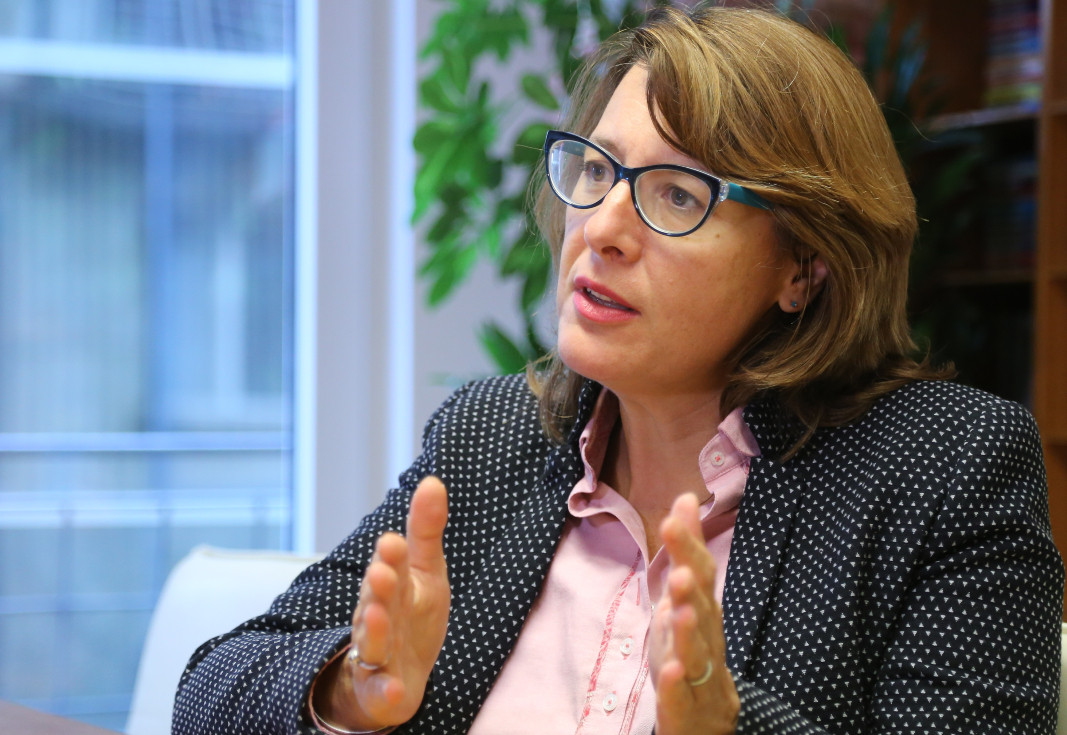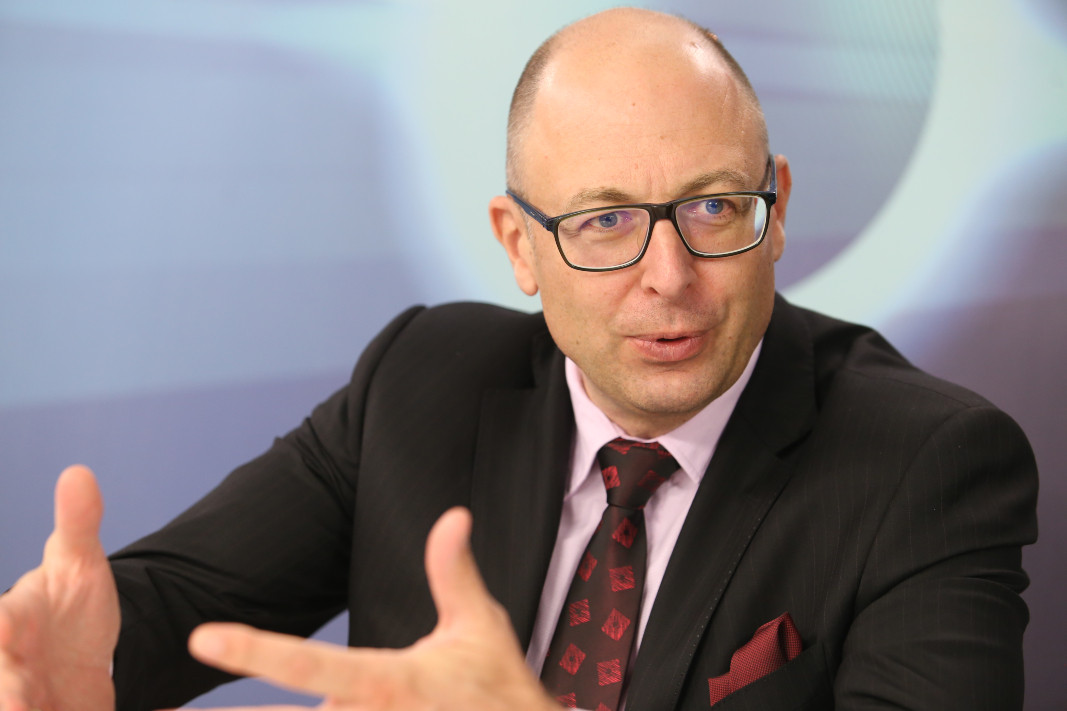The media reports on the visit of Romanian President Klaus Iohannis to Sofia on March 15 were not very surprising in terms of news. As usual, the Romanian president focused on talks regarding security, while the Bulgarian side brought up the topic of economic cooperation between the two countries. However, the news of raising Bulgarian-Romanian relations to the rank of strategic partnership did not attract much media attention, but it is precisely the idea of closer Bulgarian-Romanian interaction that was new in this presidential visit. What is the content of this notion? Is it mainly about security cooperation in the backdrop of the war in Ukraine? Or is it rather about the long-awaited construction of bridges and intensification of economic ties?

What do Bulgarian experts in the spheres of international relations and security think about the strategic partnership between Bulgaria and Romania?
According to Vessela Tcherneva Deputy Director of the European Council on Foreign Relations, Bulgaria and Romania continue to coexist as some kind of islands with little mutual interaction between them. A true strategic partnership would involve intensifying all kinds of connections and building all kinds of infrastructure — not just bridges across the Danube, but also bridges between people, organizations, etc., she points out. But there is one more thing:

“Strategic partnership is a label that can be filled with content through various mechanisms. There are the so-called regular meetings of the two governments which Bulgaria has held before. This means closer coordination between the ministries of the two countries,” Tcherneva said in an interview with Vladimir Mitev from the Romanian section of Radio Bulgaria. “The second type of mechanisms are periodic consultations in preparation for European councils, summit meetings, etc. Currently, we do not have such practice but in my opinion a strategic partnership with a Member State of the European Union should include exactly that. And the third group of issues is related to trade, infrastructure and security, as a strategic partnership would mean medium and long-term coordination and common understanding. Therefore, making a request for a strategic partnership at the moment is a bit strange to me, given the fact that there is no regular government and no clear vision for the next four years that a working parliament and a government can focus on. Of course, the visit of the Romanian president is something very good and there should be many more mutual visits like this. But at the moment, apart from this visit being a gesture to President Radev, who seems quite isolated internationally, does it achieve anything else? I'm not very sure about that, keeping in mind that a strategic partnership requires legislative and executive power with a long horizon of work," Vessela Tcherneva says.
Yordan Bozhilov, head of the Sofia Security Forum, is very optimistic about the current developments in Bulgarian-Romanian relations. Such a visit has not happened since 2016 and it could definitely lead to changes:

"It is the most natural thing for Bulgaria and Romania to work together in all spheres. Economy, trade and connectivity are very important. It is very important to reach an agreement on transport corridors, as well. The issues concerning security and Schengen are our common topics. Having said that, I would call for work for the development of relations in all directions, not only at the level of the presidency. We should have very good, literally daily communication at the level of ministers. We can use the experience of various countries that send their experts to ministries of other countries.”
What could cooperation in the sphere of security look like?
"The biggest threat not only for the region and Europe as a whole, but also for world peace, is the war in Ukraine. This war is being fought literally right next to our borders,” Yordan Bozhilov says. “We need to strengthen cooperation in several directions. We must first focus on increasing the capabilities of the Bulgarian and Romanian armies. This can be done in different ways, including through the joint acquisition of armaments and equipment, through increased cooperation in training, through more joint exercises. At the same time, we must enable NATO countries to pass on their experience by deploying their forces and equipment on the territories of Bulgaria and Romania. This has already been happening. We have troops of allied countries stationed both in Bulgaria and Romania. All these should result in a stronger NATO presence on the eastern flank. In this way NATO will be able to guarantee the security of each member country, according to the Washington Treaty."
English: Al. Markov
Photos: BGNES
Whether there will be negotiations to form a government will become clear after the election of the speaker of the National Assembly . Parliamentarism requires that the speaker be a GERB member and we will not compromise, GERB leader Boyko Borissov told..
North Macedonia‘s Premier Hristijan Mickoski stated that he had a ''sincere and friendly phone conversation with GERB leader Boyko Borissov''. Hristijan Mickoski congratulated Boyko Borissov on his victory in Bulgaria's parliamentary elections...
The latest in the string of snap elections for parliament is over but, except for a slight rise in voter turnout compared to the election in June this year, it is still hard to say what the political configurations might be that could lead to the..
The members of Parliament are rather skeptical before yet another attempt to elect a National Assembly Speaker. The candidates for Speaker of the..

+359 2 9336 661
